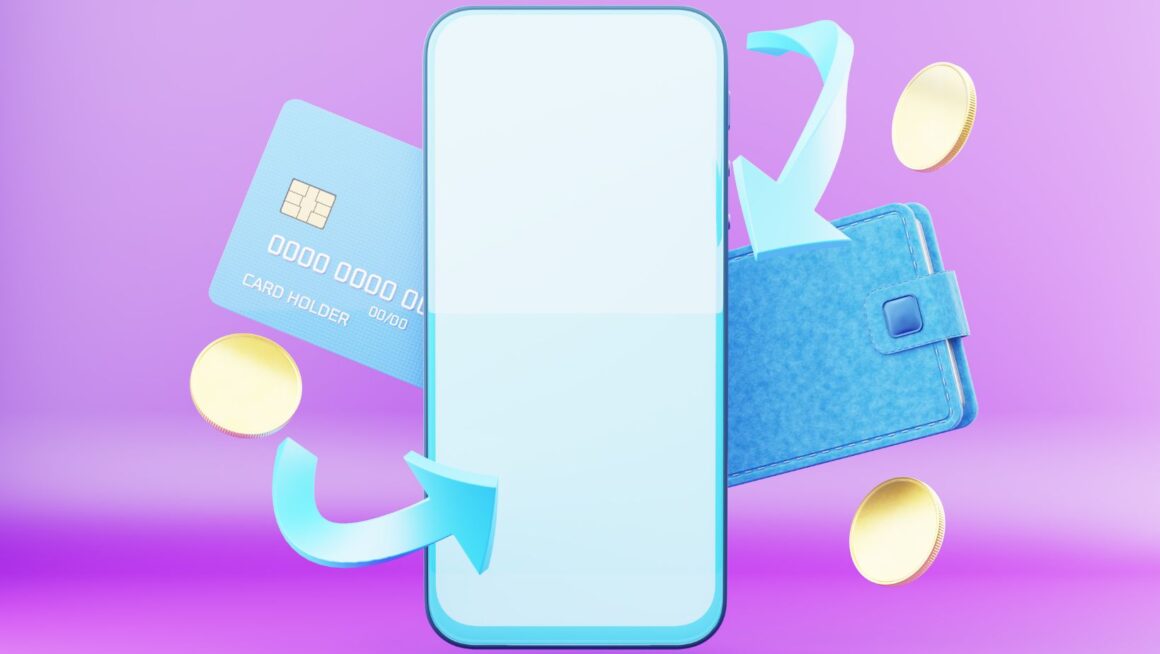Table of Contents
In the world of gaming, every second counts. Players are deeply immersed in their experiences, and when it’s time to make a purchase they expect the process to be fast, seamless, and secure.
But here’s the challenge for gaming merchants: payment systems that are clunky, limited, or prone to delays can frustrate players and lead to lost revenue. In a highly competitive market, having the right payment gateway for gaming is about delivering an experience that matches the speed and excitement of gaming itself.
Payment Methods in Gaming
When it comes to gaming payments, there’s no one-size-fits-all solution. Different methods cater to different audiences, and understanding the pros and cons of each can help you make the right choice for your business.
Credit and Debit Cards
Credit and debit cards have long been a staple in online payments. They’re widely accepted, familiar to most players, and convenient to use. Many gaming platforms rely on card payments to process subscriptions, in-game purchases, and microtransactions.
| Pros | Cons |
| Broad acceptance worldwide. | High transaction fees, especially for international payments. |
| Instant payment authorisation. | Prone to fraud and chargebacks, which can be costly for merchants. |
| Easy to integrate with most payment gateways. | Players need to enter sensitive card details, which some may find inconvenient or unsafe. |
Digital Wallets
Digital wallets like PayPal, Apple Pay, and Google Pay are increasingly popular, particularly among younger players.

These wallets allow users to store payment information securely and make purchases with a few clicks or taps.
| Pros | Cons |
| Quick and convenient for players. | Transaction fees can still be significant. |
| Enhanced security with tokenisation and biometric authentication. | Not all players use digital wallets, limiting accessibility. |
| Often support multiple currencies. | Integration may require additional development. |
Cryptocurrency
Cryptocurrency payments are a niche option in gaming but are growing in popularity among tech-savvy and decentralisation-focused players. Cryptocurrencies like Bitcoin and Ethereum allow for anonymous, decentralised transactions.
| Pros | Cons |
| No middlemen, leading to potentially lower fees. | Volatility of cryptocurrency values can be a challenge. |
| Attracts a niche, tech-forward audience. | Limited adoption among mainstream players. |
| Global reach with no currency exchange barriers. | Regulatory uncertainty in some regions. |
Case for Open Banking in Gaming Payments
Open banking payments are quickly emerging as a game-changing solution for gaming merchants. Here’s why they stand out among other payment methods:
- Cost Savings
Traditional payment methods, especially card payments, come with steep fees that can eat into your margins. Open banking payments bypass card networks, reducing costs for merchants. This is especially beneficial in gaming, where microtransactions make up a significant portion of revenue.
- Instant Transactions
Open banking platforms enable real-time transfers directly from players’ bank accounts. For gamers, this means no waiting around for payments to process. For merchants, it means immediate access to funds, improving cash flow, and enabling faster fulfillment of digital goods.
- Enhanced Security
Security is a top concern for both players and merchants. Open banking payments use strong customer authentication (SCA) through secure APIs, minimizing fraud risks. Since payments are authorized directly by the player’s bank, there’s no need to store sensitive card details, further reducing vulnerabilities.
- No Chargebacks
Chargebacks are a significant pain point for gaming merchants. Open banking payments are irreversible, eliminating the risk of fraudulent chargebacks and saving merchants from costly disputes.
- Improved User Experience
For players, open banking offers a seamless and intuitive payment flow. There’s no need to enter card details or create additional accounts. Players are redirected to their trusted bank interface, where they can authorize payments quickly and securely. This streamlined process reduces friction and minimizes the chances of abandoned purchases.
What to Consider When Choosing a Payment Gateway for Gaming
Selecting the right payment gateway is critical for the success of your gaming business.

Here’s what to keep in mind.
Gaming is a fast-paced industry, and players expect their payments to process instantly. Look for a gateway that guarantees high-speed transactions and minimal downtime, especially during peak gaming hours.
If your platform caters to an international audience, your payment gateway should support multiple currencies and local payment methods. This ensures that players from different regions can pay conveniently.
Gaming platforms are often targeted by fraudsters. Choose a gateway with advanced fraud detection tools, such as machine learning algorithms and two-factor authentication, to protect your business and players.
Your payment gateway should integrate seamlessly with your platform, whether through APIs, plugins, or SDKs. A smooth integration process saves time and resources, allowing you to focus on delivering a great gaming experience.
Evaluate the fees associated with different payment methods. Open banking payments, with their lower transaction costs, can be a cost-effective choice for gaming merchants dealing with high volumes of microtransactions.
Final Thoughts
In the gaming industry, payments are an integral part of the player experience. A clunky or unreliable payment system can drive players away, while a seamless and secure solution can boost engagement and revenue.
It’s time to level up your payments and deliver an experience as exciting as the games you offer.






